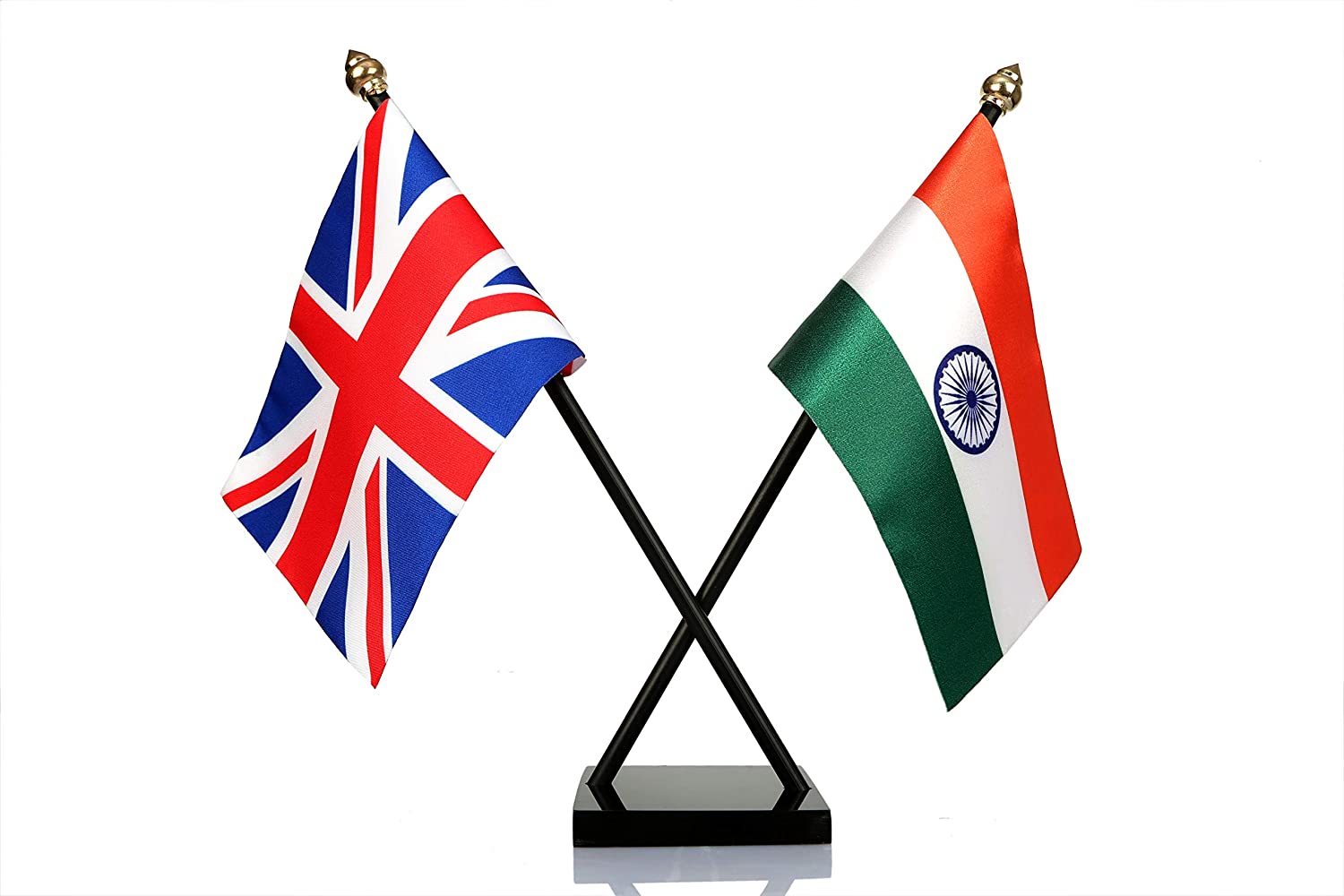News Highlight
India and the U.K. Free Trade Agreement (FTA) may not be ready in time for its “Diwali” or October end deadline.
Key Takeaway
- The British government declined to give a direct commitment on the timing of the FTA announcement.
What is Free Trade Agreement (FTA)?
- It is an agreement between two or more nations in which the parties agree on certain obligations relating to goods and services trade, investor protection, and intellectual property rights, among other things.
The significance of the India-UK FTA
- Increasing Goods Exports:
- Trade deals with the United Kingdom might improve exports for large job-creating sectors such as textiles, leather goods, and footwear.
- Mutual Recognition Agreements (MRAs) on Pharma could open up new markets.
- Clarity on Trade in Services:
- The FTA is expected to provide clarity, predictability, and transparency and promote a more liberal, facilitative, and competitive services regime.
- There is also significant potential for increased exports in service sectors such as IT/ITES, nursing, healthcare (including AYUSH), education and audio-visual services.
- Exit from RCEP:
- In November 2019, India pulled out of the Regional Comprehensive Economic Partnership agreement (RCEP).
- As a result, there is a renewed emphasis on trade deals with the United States, the European Union, and the United Kingdom. These are important markets for Indian exporters looking to diversify their sourcing.
- Strategic Advantage:
- The United Kingdom is a permanent member of the United Nations Security Council and one of India’s strategic partners.
- Strengthening trade ties would seek the UK’s support to bid for a permanent seat on the UN Security Council (UNSC).
- Promote climate cooperation:
- The FTA would help reach India’s net zero goal by 2070 through climate financing and adaptation technologies.
The challenges
- Delays in Signing FTAs:
- While interim agreements decrease tariffs on some products, they can cause considerable delays in achieving comprehensive FTAs in some circumstances.
- WTO Challenges:
- Interim FTAs that do not progress to full FTAs can potentially face challenges from other countries in the World Trade Organization (WTO).
- WTO rules allow members to permit preferential treatment to other countries only if they have bilateral agreements covering “substantially all of the trade” between them.
- Intellectual property rights:
- Indian legislation bans the ‘ever-greening’ of patents and test data exclusivity.
- Evergreening is any of various legal, business, and technological strategies by which producers (often pharmaceutical companies) extend the lifetime of their patents that are about to expire to retain their revenues.
- Data security:
- India does not have data security legislation.
- There might be hindrances in the flow of sensitive data between India and the UK, resulting in increased operating costs for Indian businesses operating in the UK.
- Agricultural exports:
- India’s tariff and non-tariff measures like Minimum Support Prices (MSP), free electricity and water may raise concern over India’s agriculture export promotion practices.
Way forward
- Investor-State Dispute Settlement mechanism:
- Need for reforms in Investor-State Dispute Settlement mechanism to promote confidence among investors.
- New areas:
- India and UK must aim for greater cooperation in new areas like green technology and artificial intelligence, which could lead to a more balanced outcome in the talks.
- Push for a quick conclusion of FTA talks:
- India needs to push for a quick early harvest of deals to reap the benefit of the global economic slowdown due to COVID and the Russia-Ukraine war.
Content Source: The Hindu



